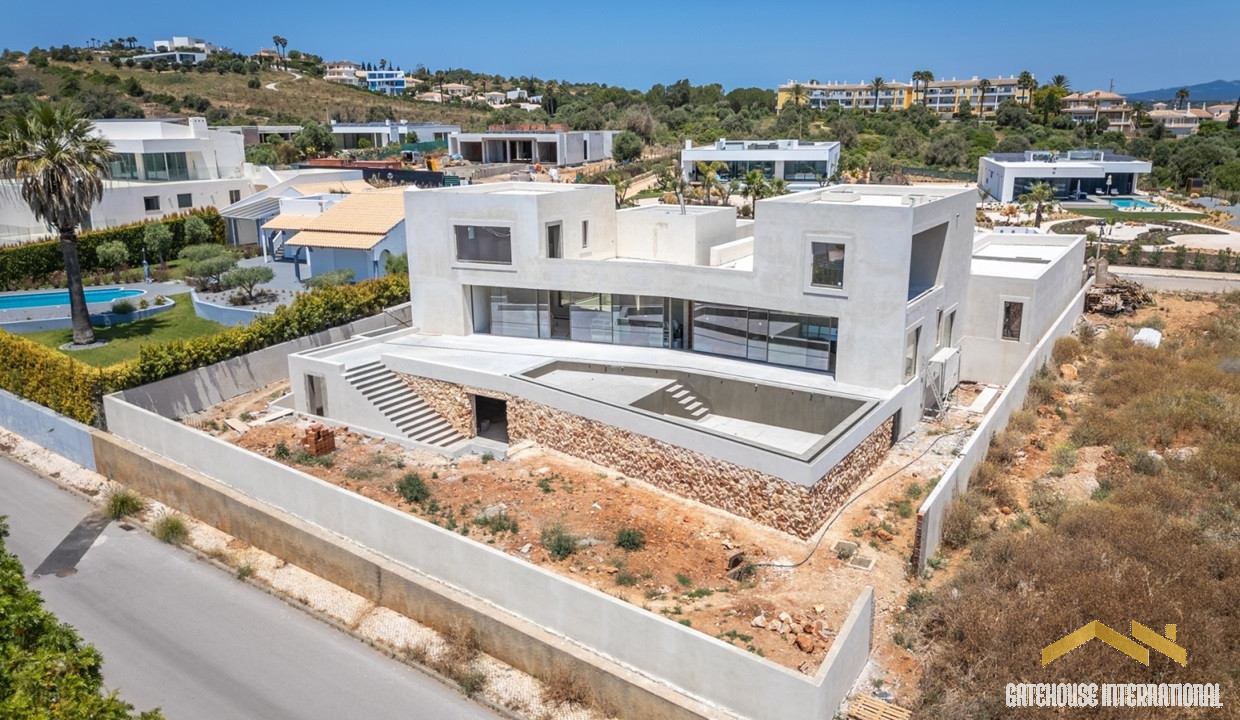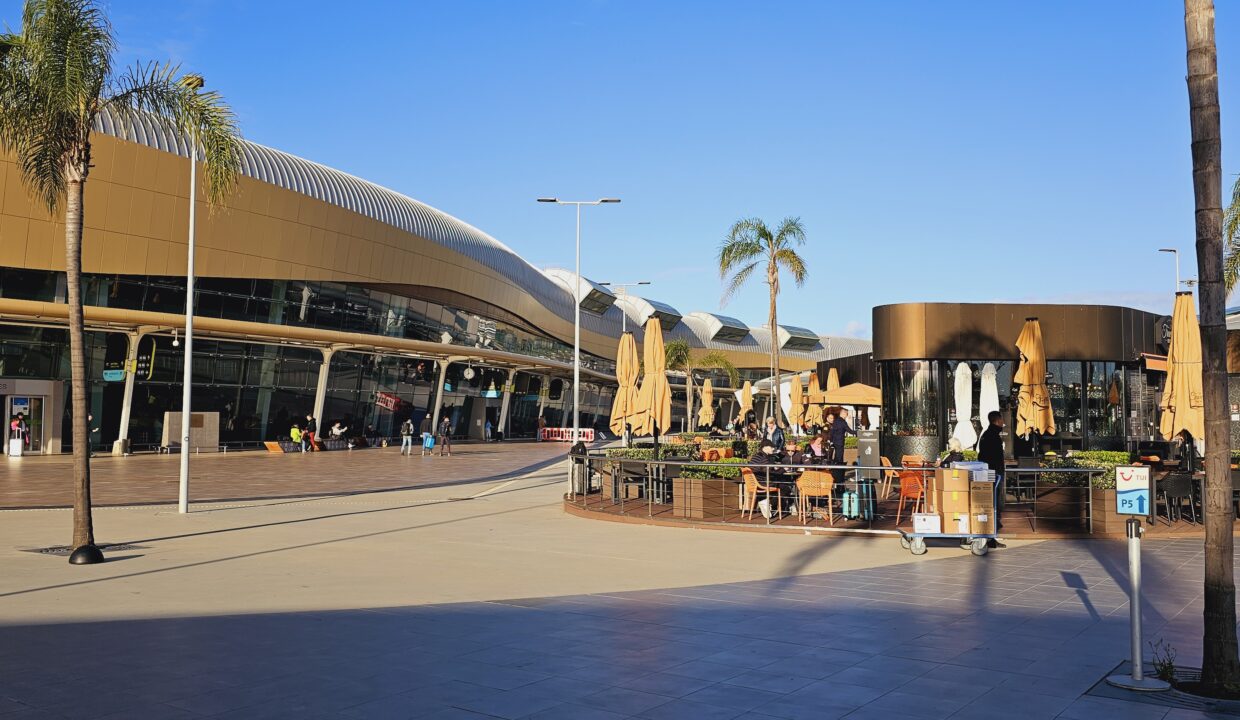Discover the Beauty of Olive Trees in Algarve: A Complete Guide
Growing the Iconic Olive Tree in the Algarve
Introduction
Discover the beauty of the Algarve’s olive trees with our complete guide. Learn about their cultural significance and how they are harvested.
The olive trees of Algarve, Portugal, are not only a beautiful sight to behold, but they also hold historical importance and provide a valuable crop.
In this guide, we’ll explore the history and traditions surrounding these trees and the methods used to harvest their olives. Whether a nature lover or a foodie, you will want to take advantage of this fascinating look at Algarve’s olive trees.
The Cultural & Historical Significance of Olive Trees in Algarve
Olive trees have been a part of Algarve’s culture for centuries, dating back to the Roman Empire. They symbolise the region’s agricultural heritage and influence religious and social traditions.
For example, during the annual Festa da Oliveira (Olive Festival), locals gather to celebrate the harvest and enjoy traditional food and music. The olive tree also symbolises peace and prosperity, making it an essential part of the region’s identity.
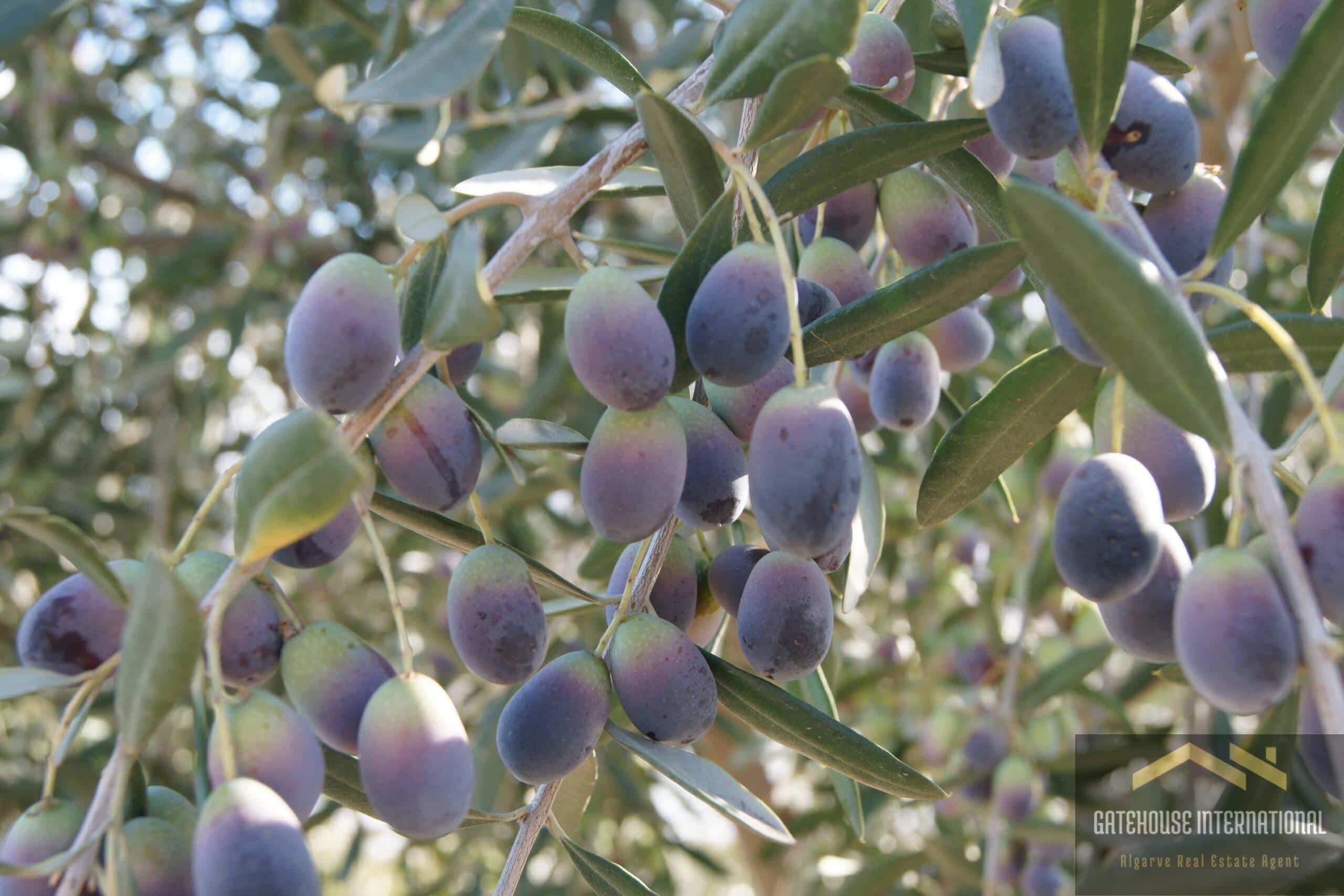
The Algarve is the Perfect Location for Growing Olive Trees
The Algarve is the Perfect Location for Growing Olive Trees
The Algarve is a great place to grow olive trees. The climate is warm and dry, with plenty of sunshine, which is ideal for olive trees. The soil in the Algarve is also well-drained, which is essential for the trees, as they do not like to sit in water.
Age Old Algarve Tradition – Some of the Oldest Olive Trees
It’s worth noting that determining the exact age of an olive tree can be challenging. Age estimates are often based on historical records, tree size, trunk circumference, and local knowledge passed down through generations.
Many olive trees in the Algarve region are estimated to be over 1,000 years old. These ancient olive trees are considered cultural and historical treasures and are often found in traditional groves or rural estates.
However, researchers and experts in the region now have more up-to-date information on the age of the oldest olive trees in the Algarve.
The oldest olive trees in the Algarve are estimated to be over 2,000 years old. One of the oldest is located in the village of Pedras d’El Rei, just west of Tavira, and the tree is estimated to be around 2,048 years old.
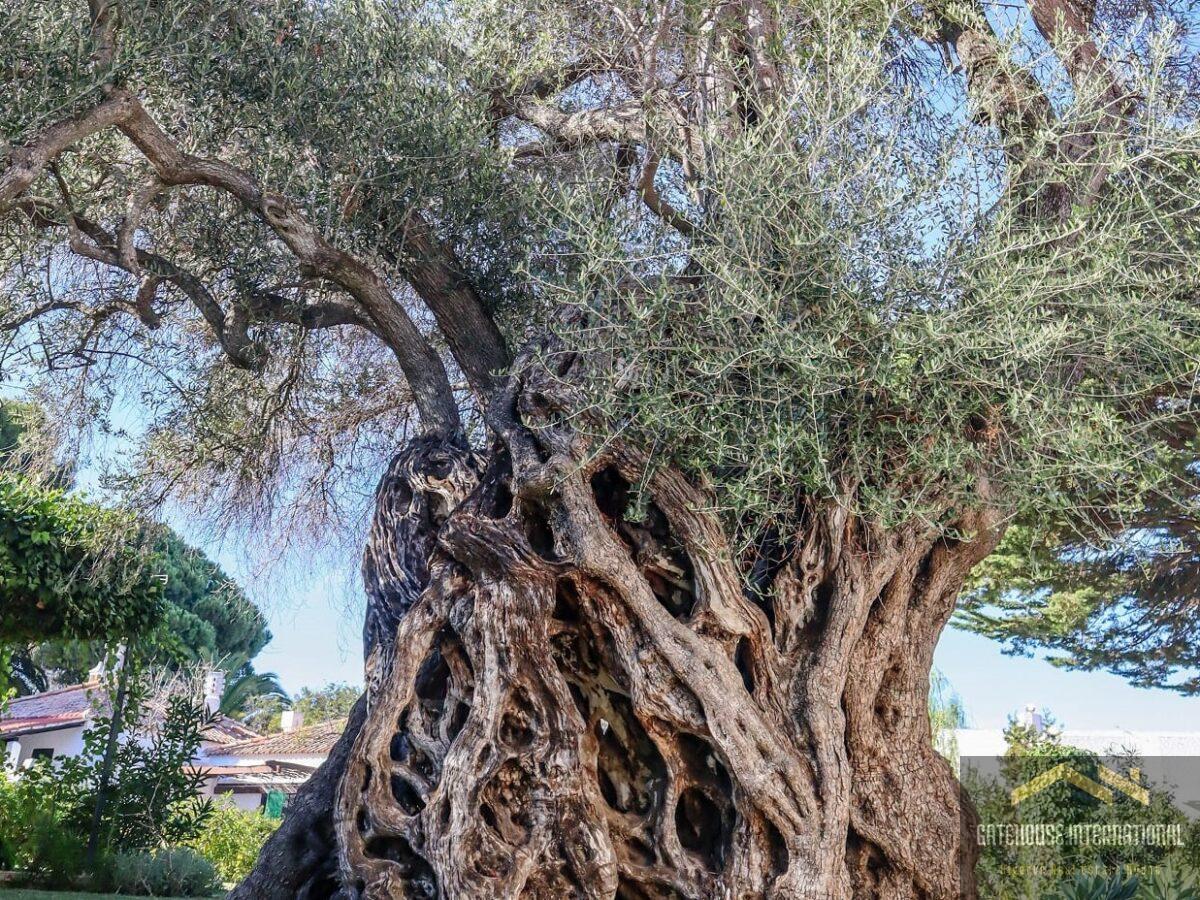
The Cultural & Historical Significance of Olive Trees in Algarve
Another old olive tree in Portugal is located in the village of Loures, near Lisbon. This tree is estimated to be around 2,850 years old.
The oldest olive tree in Portugal is in the village of Mouriscas, in the municipality of Abrantes. The tree is estimated to be over 3,350 years old, making it one of the oldest olive trees in the world. The tree is still producing olives, a popular tourist attraction.
The olive tree is known as the Oliveira do Mouchao, and it is a symbol of the village of Mouriscas. The tree is in a public park, surrounded by a stone wall. The tree is about 10 meters tall and has a trunk about 5 meters in circumference. The tree is covered in gnarled branches and is said to be home to a colony of bats.
The Oliveira do Mouchao is a living reminder of the history of Portugal. The tree was planted in the Bronze Age and has witnessed many important events in Portuguese history. The tree has survived wars, plagues, and natural disasters. It is a testament to the olive tree’s resilience and a symbol of hope for the future.
Olive trees are some of the oldest living organisms on Earth, and they can live for thousands of years and continue to produce fruit. The oldest olive tree in the world is located in Greece and is estimated to be over 4,000 years old.
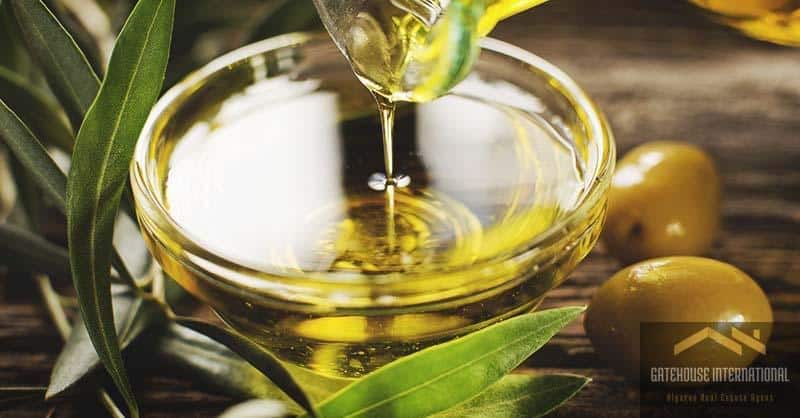
Discover the Beauty of Olive Trees in Algarve
Can Olive Farming Profitable in the Algarve
Olive farming can be profitable, but it is essential to research and plan carefully before getting started. Several factors can affect the profitability of an olive farm, including the cost of land, the cost of planting and maintaining the trees, the cost of harvesting and processing the olives, and the market price of olive oil.
Olive trees are relatively low-maintenance and can produce fruit for many years. However, choosing a variety of olive trees suited to your area’s climate and soil conditions is crucial. You should also ensure access to water, as olive trees need regular irrigation.
If you are looking for land in the Algarve large enough for an olive orchard, contact Gatehouse International. We have a wide range of large plots on offer.

Mark McLoughlin: A Passionate Explorer of Algarve’s Rich Heritage
For over 20 years, Mark has called the Algarve home, immersing himself in its landscapes, culture, and history. His passion lies in sharing the region’s stories through writing, photography, and guides for those who live here or dream of making the Algarve their home.
As a Level 10 Google Local Guide, Mark has contributed extensively to showcasing the Algarve’s hidden beaches, historic towns, and local gems, helping both residents and visitors discover the best of this southern paradise.
🔗 mark-mcloughlin.com



